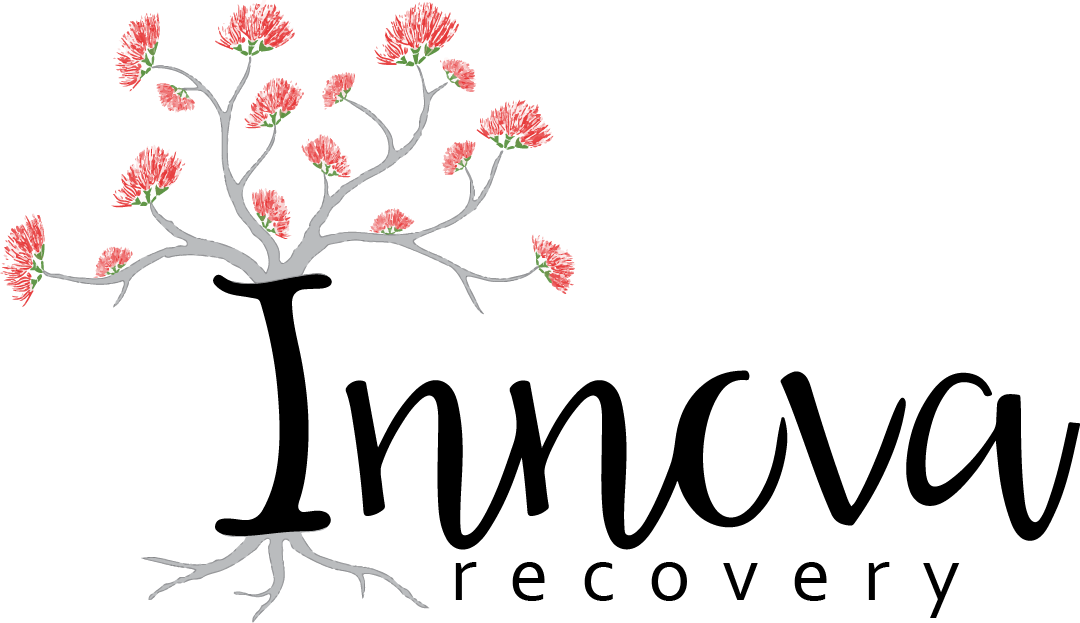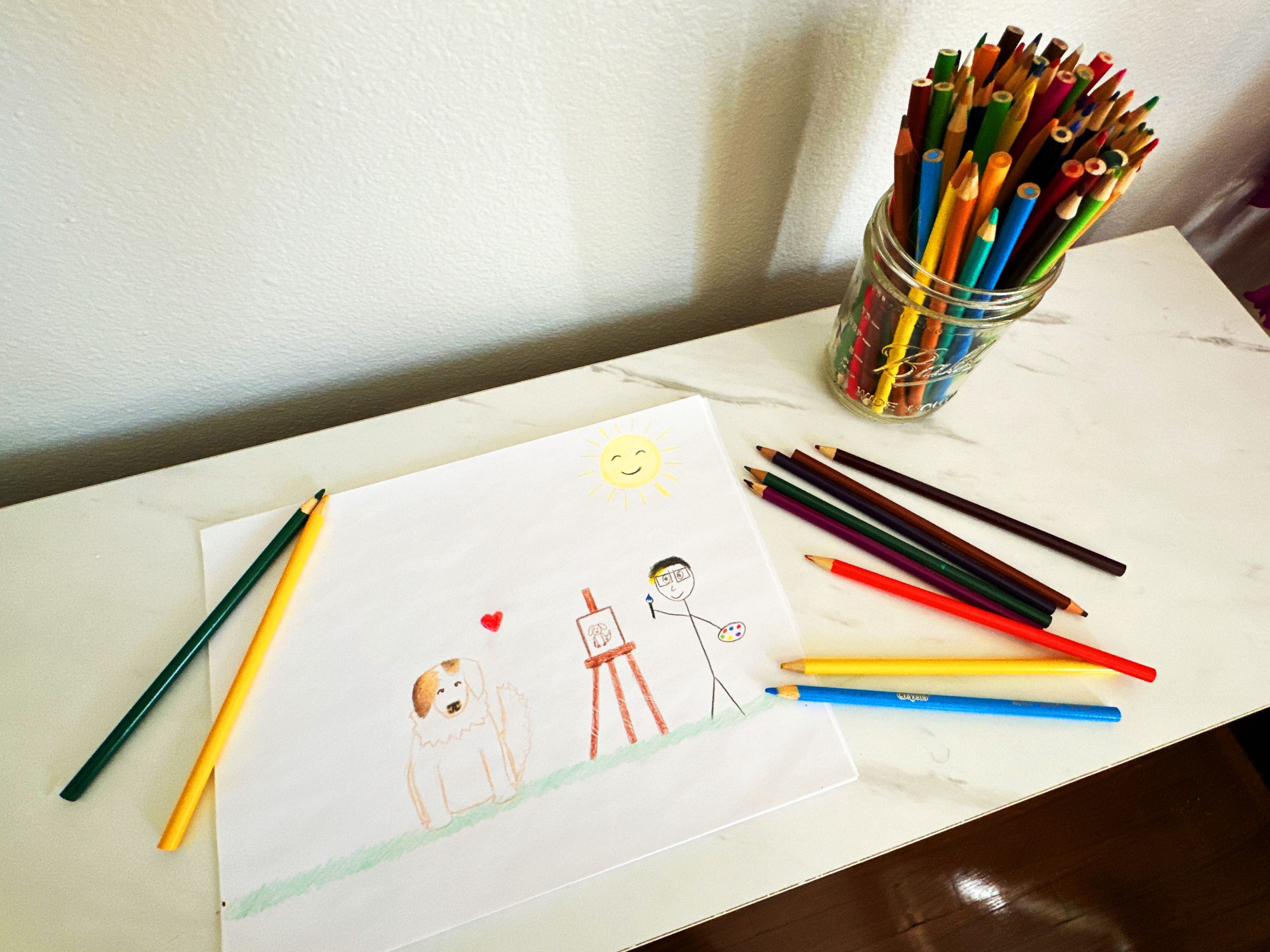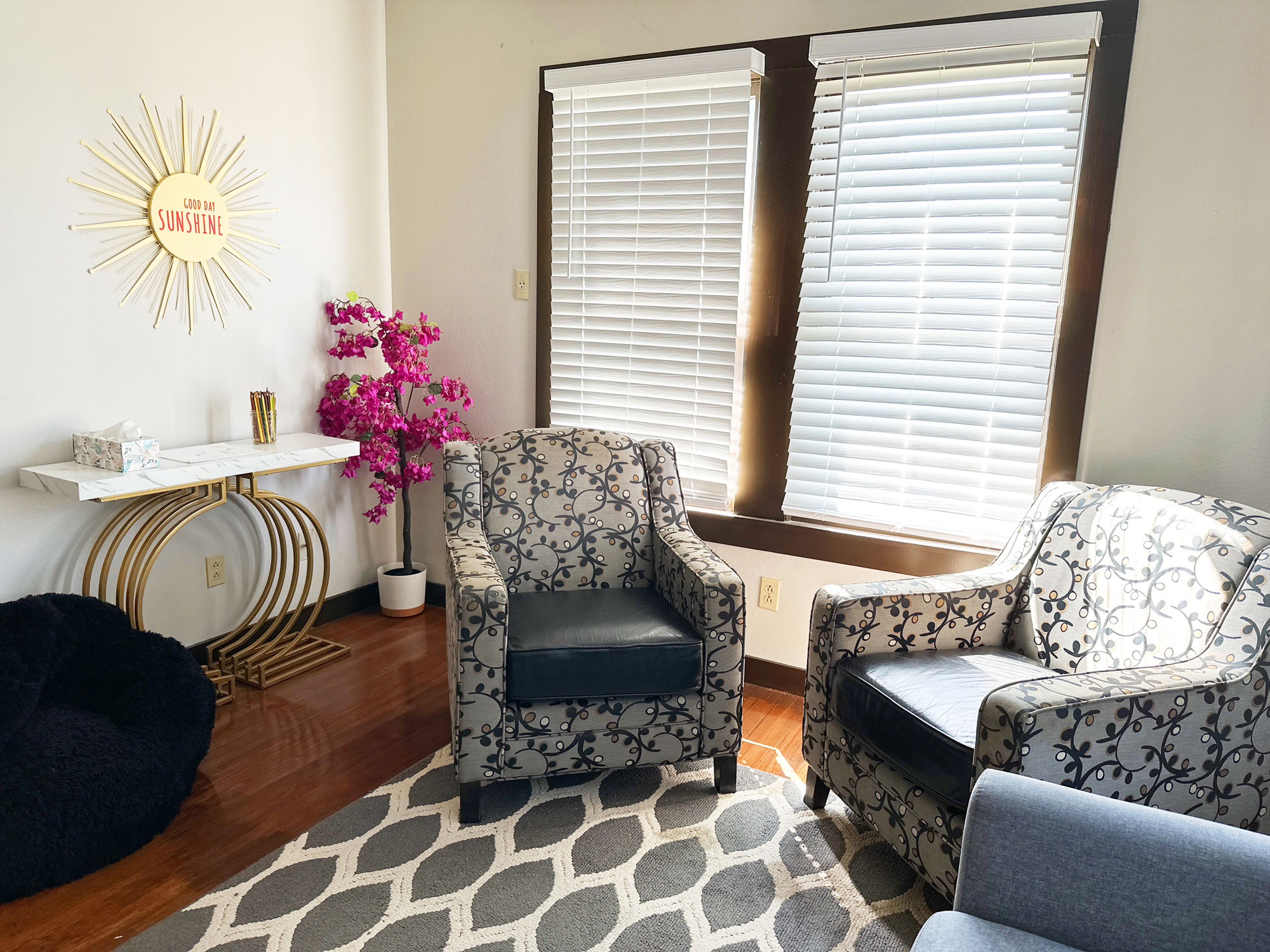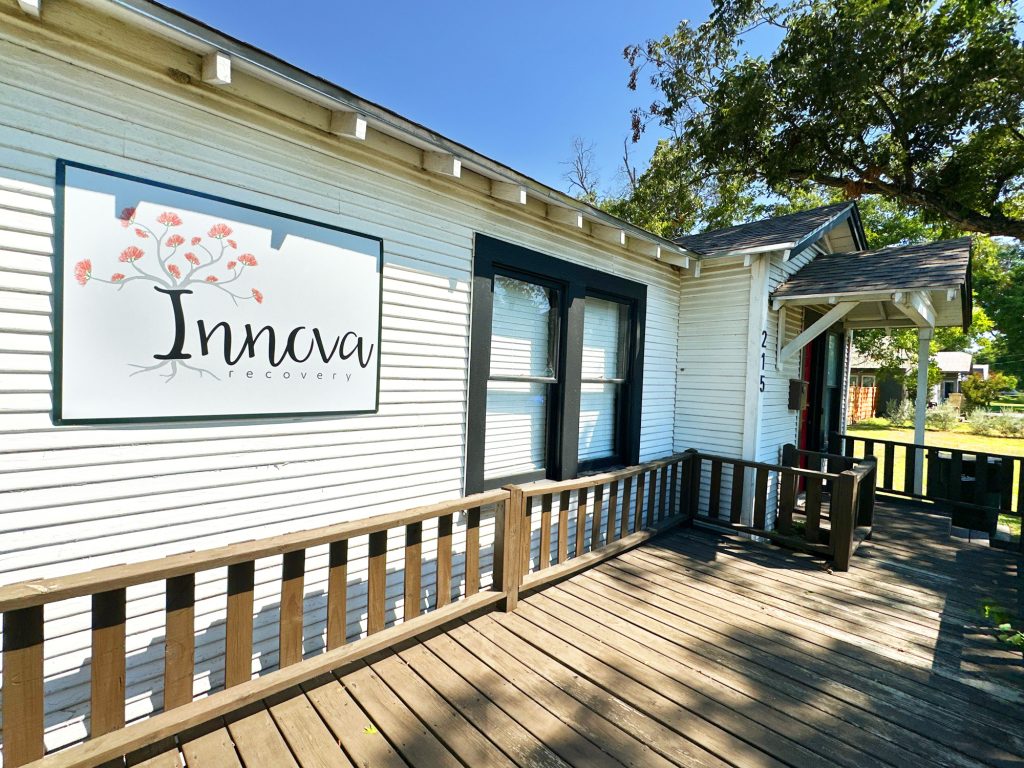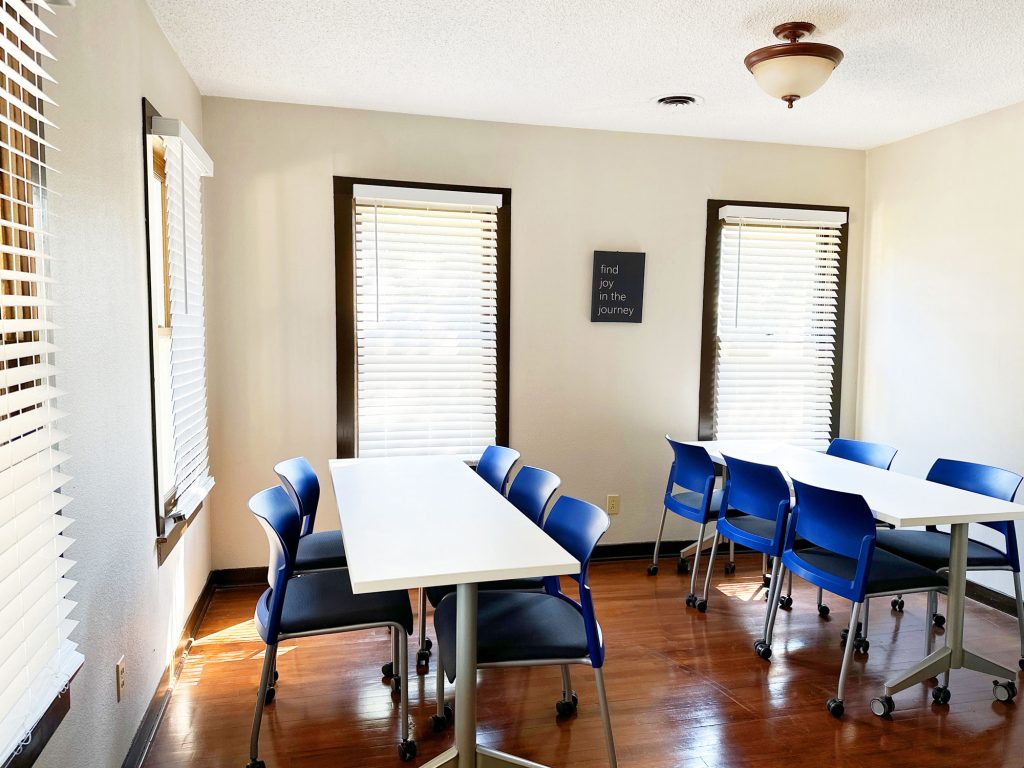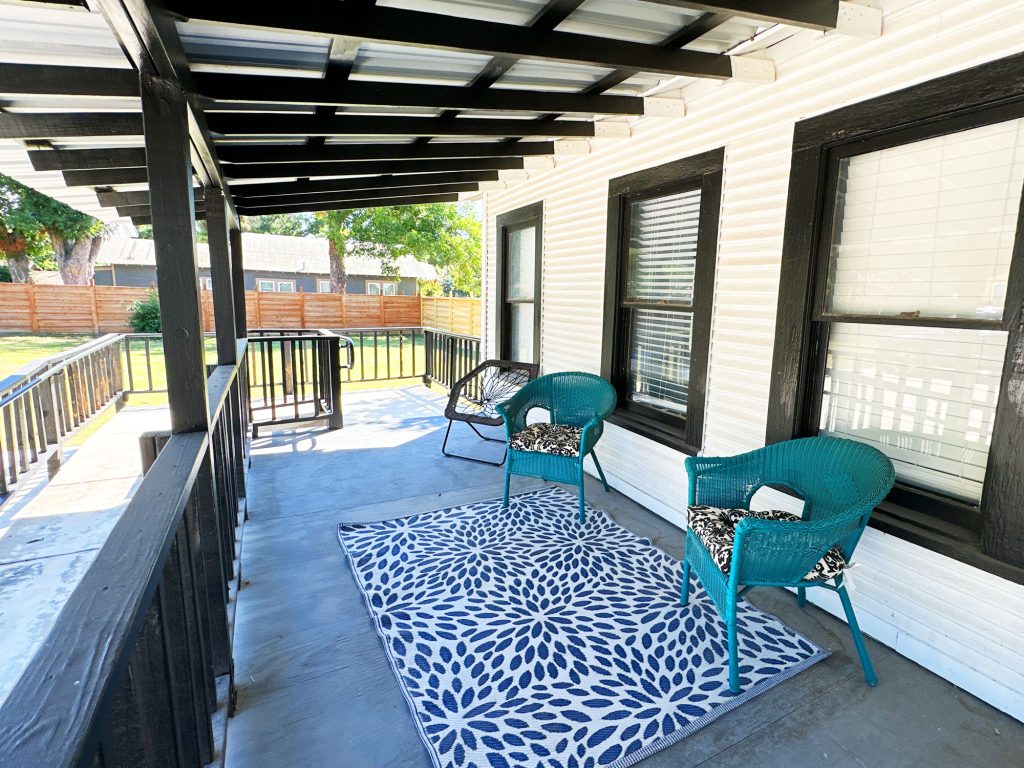January brings a lot of pressure to change: new habits, new routines, a “new you.” Everywhere you turn, someone is talking about starting over, reinventing themselves, or becoming a completely different person overnight. You’ve probably heard the phrase “new year, new me” more times than you can count, and while it sounds motivating, it can also feel overwhelming … even discouraging.
But here’s the truth: you don’t have to become someone else to grow. Real growth doesn’t come from scrapping who you are, it comes from supporting the you who’s already doing their best. The version of you that has survived hard days, learned tough lessons, and kept going even when things felt heavy is worth bringing into the new year.
You don’t need a brand-new version of yourself. You need the chance to feel more like you.
Why the “New Year, New Me” Pressure Hits So Hard
The beginning of the year can bring hope, but it can also magnify exhaustion, disappointment, and the sense that you’re “not doing enough.” You’re not alone in feeling that way. A survey found that 62% of Americans making New Year’s resolutions feel pressured to do so.1
That pressure can feel even heavier if you’ve been navigating trauma, depression, burnout, or long seasons of survival mode. When your nervous system has been working overtime, even small goals can feel like mountains. That doesn’t mean you’re failing; it means your body is asking for grace.
Healing Helps You Feel Like You Again
Trauma has a way of pushing you away from your authentic self. You learn to quiet your needs. You adapt to keep the peace. You stay small to stay safe. Over time, you may lose touch with the parts of you that once felt confident, curious, or joyful.
Therapy isn’t about creating a “new” version of you; it’s about helping you reconnect with the person you were before survival mode took over. A trauma-informed approach enables you to rebuild self-trust, understand your emotional patterns, and care for the younger parts of you who learned to protect you the only way they knew how.
When healing happens, you don’t become unrecognizable. You become more grounded, more self-aware, more aligned with who you truly are. Growth comes from within, not from forcing yourself into a version that doesn’t feel authentic.
Why Real Change Starts With Self-Compassion
Most resolutions fade fast, not because people aren’t committed, but because pressure isn’t sustainable. Only about 8% of people maintain their New Year’s resolutions long-term,2 mainly because the emotional weight behind them never gets addressed.
Real change begins with kindness toward yourself. Self-compassion can look like easing into the year instead of forcing momentum, setting boundaries that protect your energy, listening to what your body is trying to tell you, reaching out when you need connection, and noticing the small internal shifts that no one else can see. Growth happens when you stop criticizing yourself and start supporting yourself.
Start Your Year With Support, Not Pressure
If you’re entering the year feeling tired or unsure, that’s okay. You don’t need resolutions or reinvention to move forward; you just need gentleness, space, and someone in your corner. At Innova Recovery Center, we believe you’re worthy of support exactly as you are. We’re here to help you feel steadier, more connected, and more like yourself again, one step at a time.
If you’re ready to begin the year with clarity and encouragement, contact us at (210) 254-3618 to connect with a therapist. You don’t have to navigate the year alone. We’re here when you’re ready.
- New Year’s Resolutions Statistics 2024. Forbes. (2023, December 18). https://www.forbes.com/health/mind/new-years-resolutions-statistics ↩︎
- Just 8% of People Achieve Their New Year’s Resolutions. Here’s How They Do It. Forbes. (2023, January 1). https://www.forbes.com/sites/dandiamond/2013/01/01/just-8-of-people-achieve-their-new-years-resolutions-heres-how-they-did-it/ ↩︎







